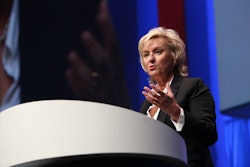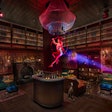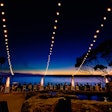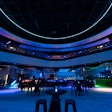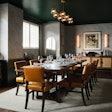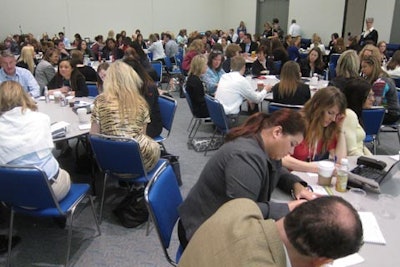
Innovation was a big topic during the Professional Convention Management Association’s annual meeting—fitting after it revamped its own format this year in the pursuit of continual innovation.
In a Convening Leaders session Tuesday about breathing new life into annual events, Lisa Block, Society for Human Resource Management's vice president of meetings and conferences, put forth her own conference's annual meeting as a case study. When the recession hit, attendance for the event dropped 40 percent. "So our team tried to figure out how to persevere and save that meeting," she said.
That process meant radically different thinking. Working with a consultant, 360 Live Media president Don Neal, the group conceived of new elements, like a wellness pavilion on the trade show floor with blood-pressure testing, a massage station, and a Wii competition. "It was a mini health fair and a way of demonstrating to our [HR professional] members what they can do around health and wellness in their own organizations," Block said. Another new component was a flash mob at the opening session, which at the time was a new concept and "risky for a fairly traditional organization." The result? The move got every person in the room up and dancing and set an energetic tone for the meeting.
Whatever the specifics, the point is that thinking differently can lead to major positive change, and what's required to make that happen is the participation of every member of an organization. "It is important to put some priority around this process," Block said. "Creating a culture where change is acceptable and change is embraced is probably the most important aspect of being successful. Everyone in our organization is responsible for making our annual meeting successful. That's accountability."
To analyze a meeting for the purpose of creating change, Neal suggested looking at its physical location, the physiological components (including what guests eat and how much they sleep), as well as the intellectual and emotional factors that make up an annual program. He also encouraged looking for ways to improve and promote events across four types of available media channels: advertising, PR, social media, and media owned by the host entity.
Another essential factor on which both Block and Neal agreed: Go to as many events as possible and learn from them. "Attend these events, filter them through your own experiences, and apply them," Neal said, adding that there's a lot to learn from Burning Man and TEDx.
"There’s a lot of inspiration in other places," too, he said. "I think the mega-churches have cracked the code in how you can have a 25,000-person congregation that feels very meaningful to one member."




